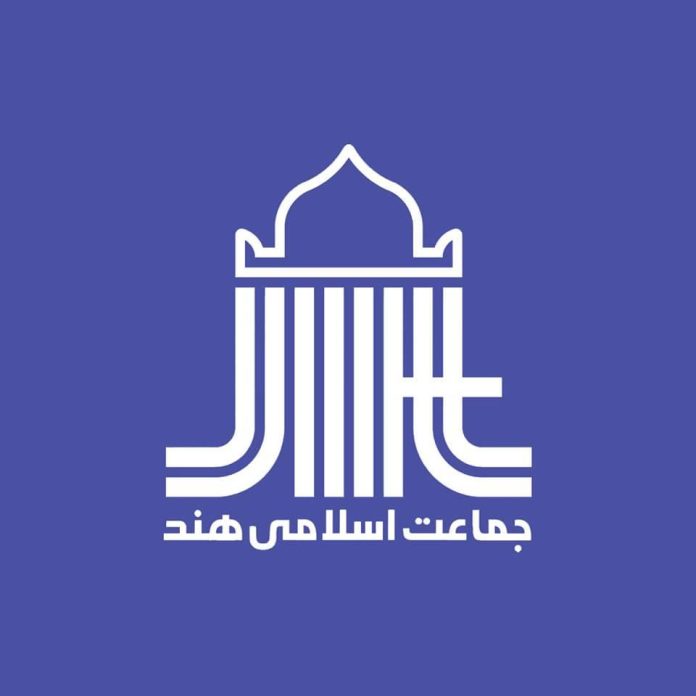Participants Share Views at National Conference on the Role of Muslim Women in Indian Society, Organised by the Women’s Wing of Jamaat-e-Islami Hind
New Delhi: The Women’s Wing of Jamaat-e-Islami Hind organised a national online conference on “The Role of Muslim Women in Indian Society.” The event witnessed participation from several prominent female intellectuals and social activists. The speakers shed light on the exceptional yet often overlooked contributions of Muslim women throughout history. They reviewed the significant roles played by Muslim women in India in the social, educational, political, and cultural spheres. The conference was presided over by Rahamathunnissa A., National Secretary of Jamaat-e-Islami Hind and an active advocate of women’s rights.
In her presidential address, Rahamathunnissa A. stressed the urgent need to reflect on the changing global circumstances. She remarked, “History should not remain just His-Story.” She emphasised the importance of studying history, especially in current times when there are continuous attempts by the state to distort historical narratives.
She highlighted the importance of recognising the individual and collective roles of Muslim women throughout history, stating that whether known or unknown, directly or indirectly, women have always played a vital role in the rebuilding of society. Rahamathunnissa A. also underlined the need for further research on the lives of real heroines, so their contributions can be brought to the forefront.
The keynote address was delivered by Dr. Sangeeta Saxena, Faculty Supervisor for India Studies at Southern New Hampshire University and Saint Leo University. Citing authentic historical documents from Bihar and Bengal, she presented a comprehensive account of the pivotal roles played by Muslim women in India’s freedom movement, education, social reform, literature, and trade. Dr. Saxena highlighted the roles of women such as Begum Hazrat Mahal and Zehra Kaleem, noting how they have been largely ignored in history books. She stated that these women are in fact unsung heroines of the country’s history.
Dr. Taheena Islam, Assistant Professor at Aliah University, Kolkata, gave a detailed presentation on Waheed Jahan Begum, co-founder of Women’s College Aligarh, focusing on her tireless struggle for girls’ education. She underscored how Begum Waheed Jahan made sacrifices to ensure Muslim women had access to a dignified and secure educational environment, and emphasised that her contributions remain exemplary even today.
Speakers noted that Muslim women bear a dual burden – on one hand, they face societal neglect, and on the other, they are constrained by patriarchal systems. They appealed to the educated sections of society and the younger generation to start fostering awareness within their own homes, as oral histories and the lives of unsung women around us can open new paths for learning.
The conference was inaugurated by Rabia Basri, Assistant Secretary of Jamaat-e-Islami Hind’s Women’s Wing. In her address, she emphasised the need to acknowledge the often-ignored contributions of Indian Muslim women, and reaffirmed JIH’s commitment to amplifying their voices. She noted that in today’s era, where there is a growing tendency to erase history, such a conference carries not only intellectual importance but also conveys a moral responsibility. She added that recognising, documenting, and remembering the legacy of Muslim women is essential to highlight their role in nation-building.
This conference was also significant in the context of the current NCERT curriculum, which allegedly promotes a biased narrative by portraying Mughal rulers as invaders and emphasising themes like destruction of temples and brutality. Such narratives reduce centuries of complex governance to mere religious intolerance and conflict, thereby maligning Muslims in India and exposing them to serious threats.
Scholars, teachers, students, and social activists from across the country participated in the conference. Mehnaz Bano, a member of the National Executive Committee of JIH Women’s Wing, hosted the event and highlighted the crucial role of Muslim women in India’s social, educational, and cultural spheres. Sumaiyya Maryam, JIH Assistant Secretary, moderated the conference.




